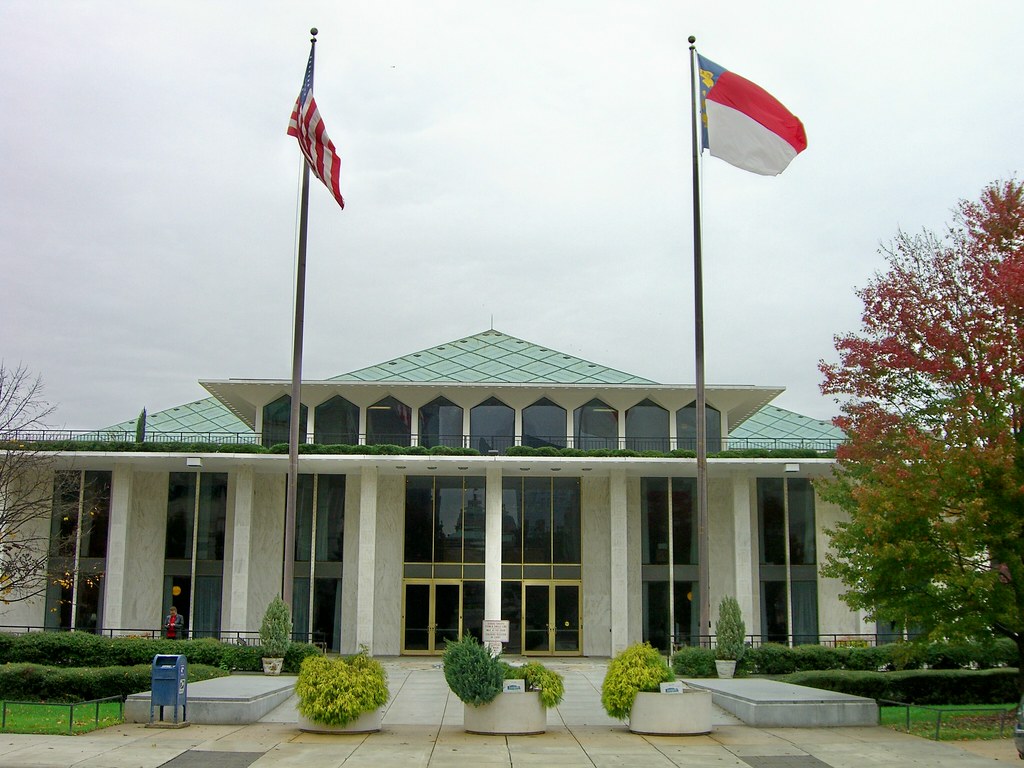
NC House Working Groups have been meeting for several weeks now and have heard numerous presentations about the impact of COVID-19 on many segments of our state’s population and the providers who serve them. Most, but not all of the presentations can be found at this link. Just click on a Working Group and date of the meeting to access presentations.
Two initiatives regarding Advance Directives are being considered by the COVID-19 Committee and we understand they will be voting to approve these soon. Please consider sending an encouraging comment to the Continuity of State Operations Working Group, who is considering them.
Advance Health Care Directives (G.S. 32A-25.1)
Currently in North Carolina, both a notary AND two witnesses have to sign off on documents for valid advance health care directives. In this emergency, a special provision could be implemented that allows for either a notary OR two witnesses to sign off on these documents. (Referral source: Secretary of State)
Notary (G.S. 10B-3(16))
The Secretary of State has considered remote notarization and would be the appropriate source for a recommendation about an amendment, either to allow remote notarization in general, or to allow it during a state of emergency. Without such legislation, a real estate instrument or other documents notarized remotely in this State could be challenged as invalidly notarized. (Referral source: School of Government)
Use this link to comment, specifically identifying that they be sent to the Continuity of State Operations (Emergency Services, Elections and Public Safety) Working Group, which you choose in “Category” drop-down menu.
Suggested messages to include:
I / we support adoption of the initiative relating to Advance Health Care Directives (Statute G.S. 32A-25.1) allowing either a notary OR two witnesses to sign the documents.
I / we support adoption of the initiative (Statute G.S. 10B-3(16)) that would allow documents to be notarized remotely, especially those relating to Advance Health Care Directives.
